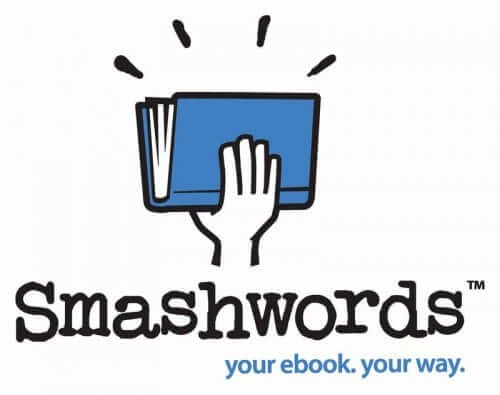
GoodEReader.com has written extensively over the past several months about traditional literary agencies that were exploring and experimenting with helping their clients digitally publish their own titles. While this has been especially popular for authors who have managed to get back the rights to their out-of-print, older works, several agents we spoke with are also exploring this option for first-time manuscripts that show great promise that simply have not found a home with a publisher due to trends in the industry.
The reaction from both authors and industry professionals has been widely varied. In some cases, agencies are being lauded as pioneers who have their fingers on the pulse of the changing world of books and publishing, while other agencies have been crucified for even suggesting that they would work with their clients in this way. Opinions on this type of model stem mainly from the accurate belief that authors don’t need to pay a percentage of their royalties to an agent in order to e-publish.
Smashwords, the highly successful ebook distribution platform, is now working with agents who wish to help their clients with digital publishing. Some of the new tools for agents include free conversion of their clients’ formatted works, metadata on sales figures, and marketing tools via the Smashwords home page. And at only a 15% royalty rate for ebooks sold through Smashwords, the platform offers the authors a greater percentage of their sales price in royalty than platforms like Amazon or Barnes&Noble, who take 30%.
“The more agents I meet with, the more respect I have for the profession,” said Mark Coker, CEO of Smashwords, in an interview with GoodEReader. “Critics forget that not all authors have the capability, inclination or time to take on the responsibility to vet and hire editors and cover designers, or to take the time to format, produce, distribute and manage their ebook, or to engage with marketing professionals, or manage the back office duties of accounts receivables. Agents have the ability to take on many of these responsibilities and help the author focus on what most great writers do best, and that’s writing.”
Coker went on to clarify one of the key arguments critics have had against agents helping their clients digitally publish, which is the mistaken assumption that the agent is becoming the publisher of the book.
“The agent option isn’t for everyone, just as publishers aren’t for everyone, and self-publishing isn’t for everyone. All authors fall somewhere along the spectrum of wanting to do everything 100% themselves to wanting a publisher to do 100% for them. In the middle of that spectrum is where agents can fit in. They’re not publishers, nor do most of them yearn to become publishers. Most consider their author the publisher and the agent as simply a facilitator of the essential publishing services such as ebook production, publication, distribution and back office…It’s the author’s choice if they want to get their books to us themselves, or via an agent or publisher.”
Mercy Pilkington is a Senior Editor for Good e-Reader. She is also the CEO and founder of a hybrid publishing and consulting company.
